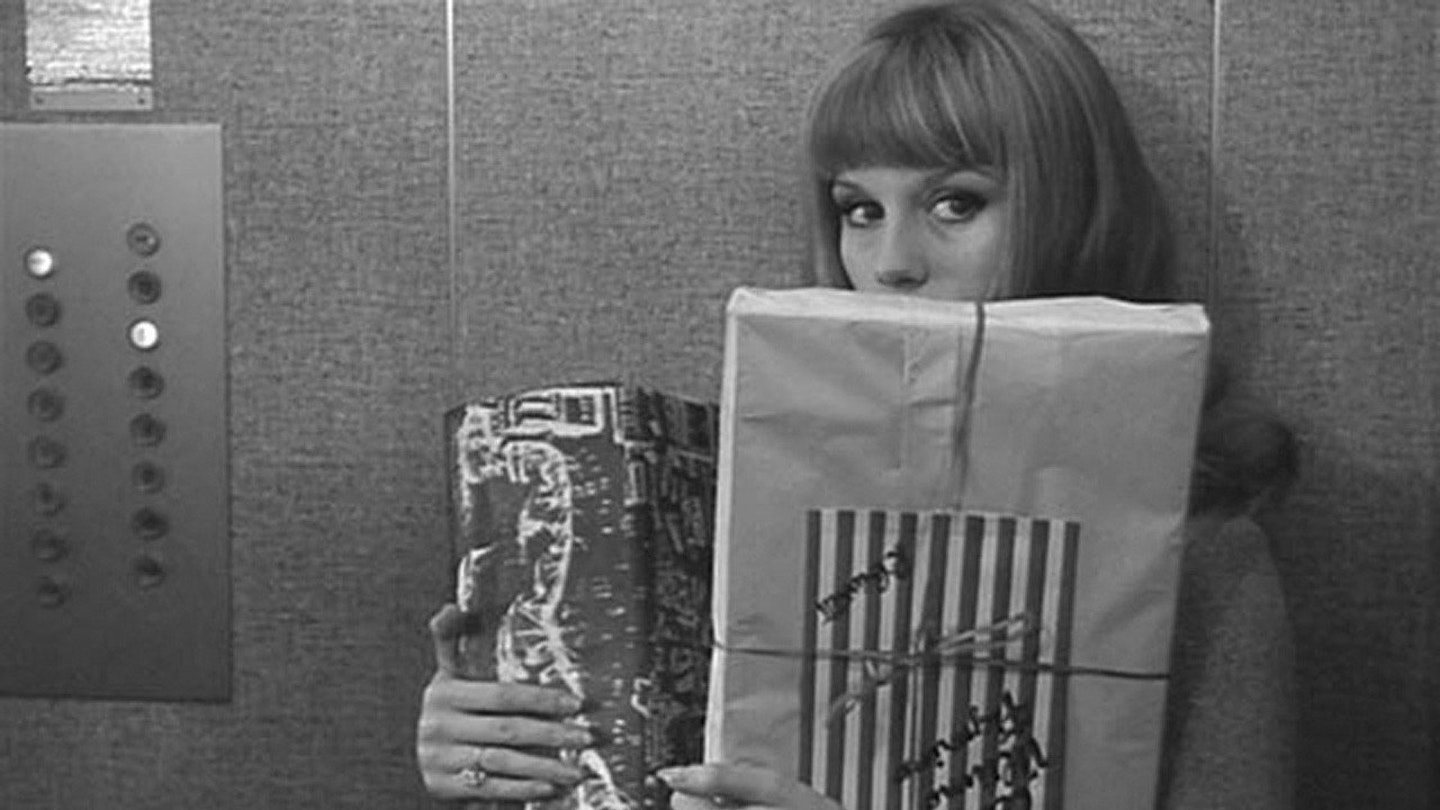François Truffaut was so piqued by the intellectual romanticisation of the relationship at the centre of Jules Et Jim that he conceived this sordid *ménage *as a realist riposte. Basing his narrative on stories gleaned from the popular press, he inverted the central triangle by having a weak man at its apex and then concentrated on the parallel pairs that formed around him. By so doing, he turned a suburban melodrama into a Hitchcockian thriller, in which the eventual discovery of Pierre's misdemeanours was as inevitable as his violent demise was unexpected.
By keeping Pierre permanently on the move, Truffaut reinforced the impression that he was at the mercy of events that were bound to overtake him. The trip to the airport is structured like a chase sequence and it establishes the notion that everything affecting Pierre is dictated either by chance or coincidence. He only just makes the plane on which he meets Nicole, who just happens to be staying at the same hotel. Similarly, he fortuitously stumbles across the phone number that she left on a book of matches, in much the same way that Franca unfortunately comes upon the photographs of her husband with an ice cool blonde (right out of the Hitchcock mould). Caprice also ensures that his fate is sealed when he's prevented from reaching Franca by phone.
Truffaut clearly has little sympathy for Pierre, who is hopelessly inept outside the area of his academic expertise (although his study of Balzac has evidently taught him nothing of life). Nicole makes most of the running to initiate their affair, but Pierre fails to recognise that her casual compliance belies an unwillingness to commit that gradually manifests itself in frigidity. Similarly, he remains oblivious to Franca's domestic competence and suppressed passion and this combination of misplaced obsession and careless indifference has fatal consequences in a *crime passionel *that's scarcely worthy of the name.
Considered something of a misfire on its original release, this is one of Truffaut's bleakest and most cursive dissections of the bourgeois psyche.
